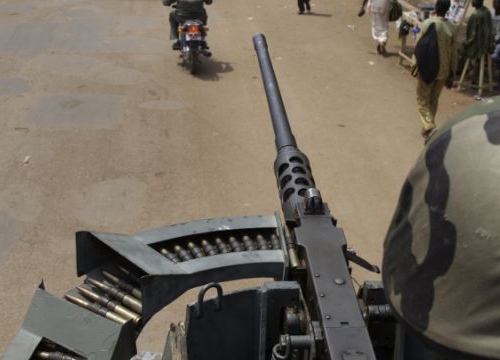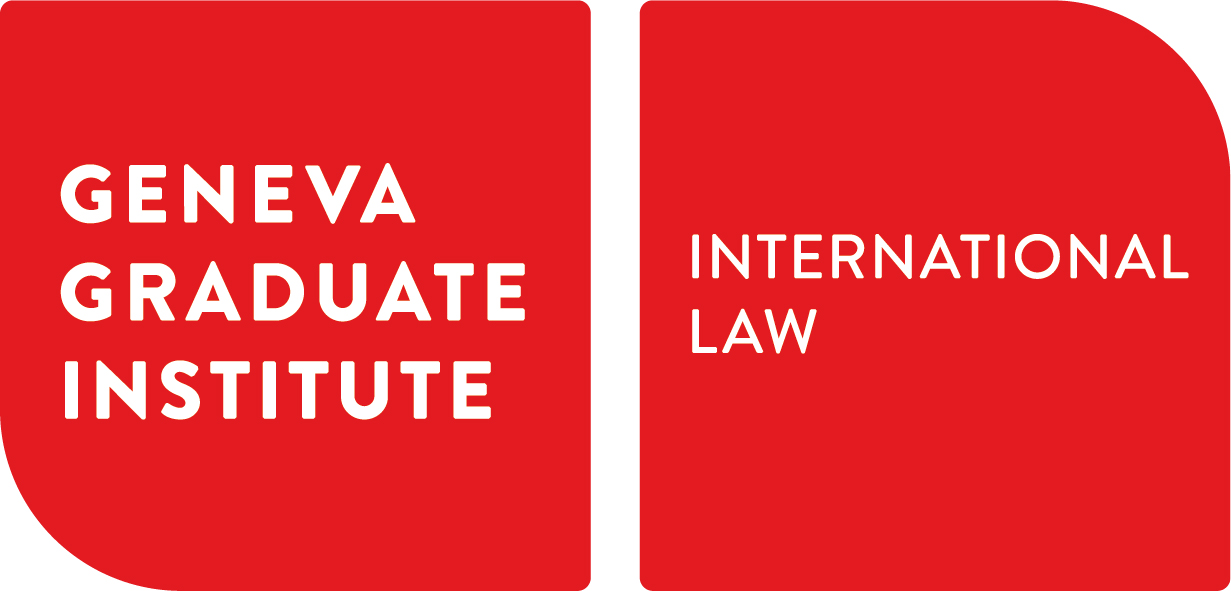Duties to One's Own Population and Combatants in War: Is there an ‘Internal’ Jus in Bello?
Event


ICRC

International humanitarian law (IHL) is traditionally thought of as being about the ‘other’ side in the war, whether combatants or non-combatants. But what about the obligations to one’s own population?
In this talk – co-organized with the Geneva Graduate Institute Law Department –, Professor Frédéric Mégret will seek to excavate an understanding of IHL as partly about protecting one’s own population rather than minimizing harm to ‘other’ populations.
According to Professor Mégret, such an understanding makes more sense of some humanitarian prohibitions behind’ but also ‘close to’ the front line (e.g. not recruiting child soldiers; not placing military assets next to civilian installations). The judgment of the International Criminal Court convicting Ntaganda for sexual slavery against one's troops points to this emerging dimension from an international criminal law perspective. Still, its ramifications for our broader understanding of the regulation of war have barely been teased out. As it happens, the internal jus in bello is a quintessential but little-noticed area of convergence between international humanitarian and international human rights law ‘where it matters’.
Understanding and rehabilitating this dimension as a distinct species of thinking about wartime regulation can shine a light on genuine dilemmas of protection in a war that lawyers currently struggle to articulate, such as the duties one owes to safeguard the lives of one’s combatants versus the need to minimize harm to ‘other’ civilian populations.
About Frédéric Mégret
Frédéric Mégret is a Full Professor of Law and Dawson Scholar at the Faculty of Law at McGill University and the co-Director of its Centre for Human Rights and Legal Pluralism. He held the Canada Research Chair on the Law of Human Rights and Legal Pluralism from 2006 to 2015.
Before joining the University of McGill, Professor Mégret was an Assistant Professor at the Faculty of Law of the University of Toronto, a Boulton fellow at McGill University and a research associate at the European University Institute in Florence. He holds a PhD from the Université de Paris I and the (then) Graduate Institute of International Studies in Geneva. His interests lie in the theoretical dimensions of international law, the laws of war, international criminal and transitional justice, and human rights.









